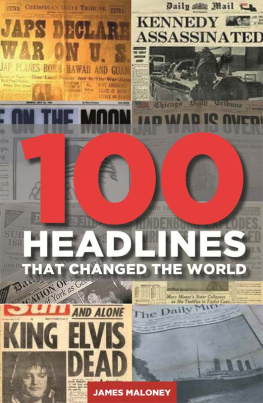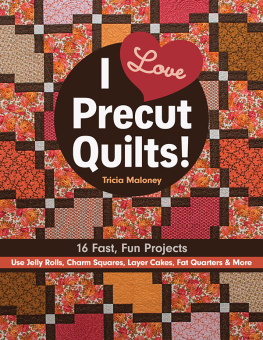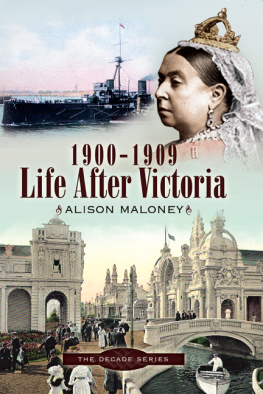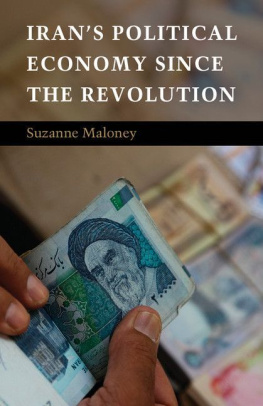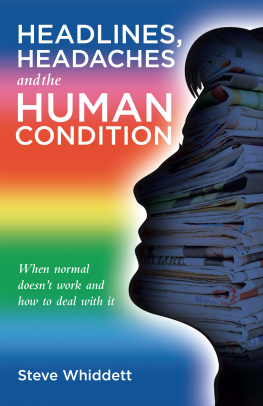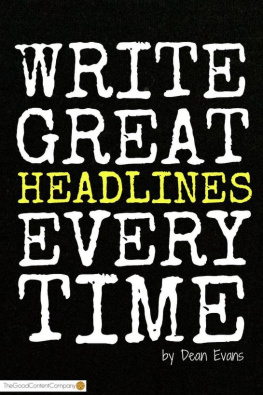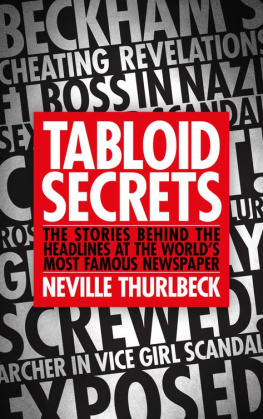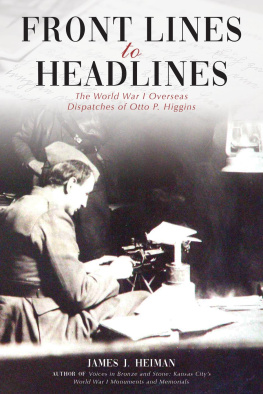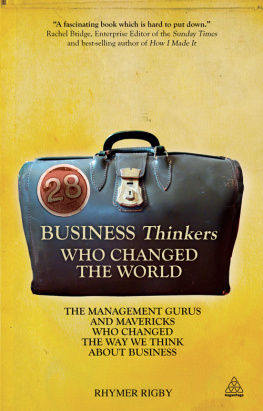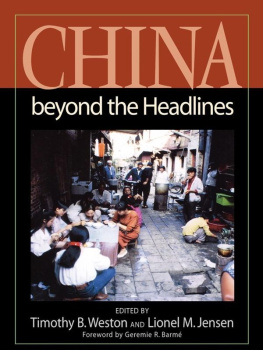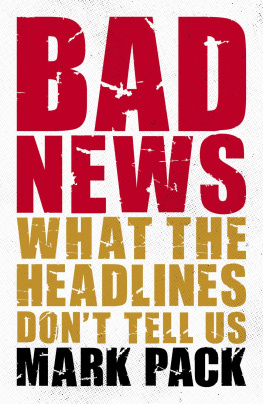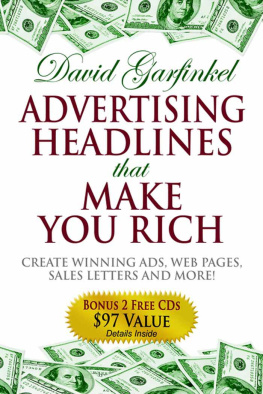100 HEADLINES
THAT CHANGED
THE WORLD
100 HEADLINES
THAT CHANGED
THE WORLD
James Maloney
A Herman Graf book
Skyhorse Publishing
Copyright 2012 Constable & Robinson Ltd
All Rights Reserved. No part of this book may be reproduced
in any manner without the express written consent of the publisher,
except in the case of brief excerpts in critical reviews or articles.
All inquiries should be addressed to Skyhorse Publishing,
307 West 36th Street, 11th Floor,
New York, NY 10018.
Skyhorse Publishing books may be purchased in bulk
at special discounts for sales promotion, corporate gifts,
fund-raising, or educational purposes.
Special editions can also be created to specifications.
For details, contact the Special Sales Department,
Skyhorse Publishing, 307 West 36th Street,
11th Floor, New York, NY 10018
or .
www.skyhorsepublishing.com
ISBN 978 1 61608 371 7
Printed and bound in the UK
10 9 8 7 6 5 4 3 2 1
Library of Congress Cataloging-in-Publication Data available on file
CONTENTS
INTRODUCTION
As a journalist as well as an author with a keen interest in history and a fascination with newspapers, I found compiling this book was an absolute joy for me. I soon realised that there was no shortage of headlines from which to choose. The problem was what to leave out. This wealth of riches meant that some momentous events did not find their way into the pages of this book.
I had been very aware from the outset that my final choice of 100 Headlines would cause disagreement, incredulity and possibly some anger amongst readers. How could such-and-such be left out? Why has that been included? Did that really change the world? It would be impossible to please all, perhaps even the majority, so in the end I have just had to please myself.
I could quite easily have filled the book with war and conflict or natural disasters, murder or scientific discoveries. All have been plentiful over the years. But I have striven to bring variety, and so we have tragedies co-existing with medical breakthroughs, heroic feats, political disasters and wonderful inventions.
Sadly, there have been all too many tragedies in history. I have had to be highly selective in choosing which to include. My criterion has not been solely based on the number of deaths or injuries in an incident. Nor have I adhered doggedly to global impact. I have endeavoured to bring together a selection of headlines that caused shock, disbelief and a considerable amount of emotional outpouring at the time of their happening. And so we have the likes of the 1958 Munich air disaster, which tore apart the young Manchester United football team the most exciting team of the era or the devastating Boxing Day tsunami of 2004, which saw the loss of over 200,000 lives. General Custers last stand finds a place, as do the First and Second World Wars. And so on.
The main theme of the book is that headlines or events should have changed the world. Some of the chosen headlines clearly did change the world, while others may have had a less obvious impact. Ultimately the choice is subjective. It could also be argued that everything and anything changes the world to some degree.
This is a book of headlines, the stories behind them and the impact they would have on the future of the world. I have delved into the worlds newspaper archives and found some remarkable articles on famous events such as the sinking of the Titanic, the assassination of Abraham Lincoln and the serial murders of Jack the Ripper. But some things I imagined I might include I had to abandon because I was unable to find a headline. These are mostly inventions, scientific discoveries and medical advances that were not fully appreciated at the time and so, outside of scientific, medical and other specialist publications, they received little or no attention in mainstream newspapers. For some I have managed to find a later headline with which to write a retrospective piece. This I did with the advent of Microsoft, for example, by including it under a headline announcing Bill Gatess departure from the company he set up.
The Internet, social networking sites and 24-hour TV and radio news have changed the way we hear the news. But in this book, many of the headlines you see were the main source of information at the time. News travelled at a slower pace in decades past and so major events were often not reported in newspapers until days sometimes weeks later.
Old newspapers front pages were very different from todays. Many of them had classified adverts on the front and the news stories, however major, were buried inside in small columns easily overlooked in the wall of print.
While it is true that newspaper readership has declined as the electronic media have flourished, the printed word still carries great impact. Newspapers are both fascinating social documents of the time and records of history. There is nothing like seeing and holding an old newspaper in your hands, knowing that the very paper itself was there when the event actually happened be it the first man to set foot on the moon or the Russian revolution of 1917. It feels like living history.
Newspapers have been around in one form or another for hundreds of years. The ancient Romans can probably lay claim to distributing the first form of public news in the form of bulletins carved in metal or stone and prominently displayed for all to read. In 59 BC Julius Caesar informed the public about social, political and military events with information written on large white boards and placed in prominent places. In 8th-century China, hand-written newsheets were distributed. And in 1556 the Venetian government published Notizie scritte, for which readers paid a small coin, or gazzetta, hence the popular newspaper name of Gazette.
But the newspaper as we might recognise it did not begin to appear until the 17th century as printing presses became more widespread and newspapers appeared more regularly.
The arrival of the telegraph in 1844 meant that information could be relayed much more quickly. This enabled newspapers to be more timely and relevant in reporting distant events. They became the most important means of communication and, as more and more national and local newspapers appeared, the headlines became increasingly bigger and more attention-grabbing in an attempt to entice people to buy them. 100 Headlines That Changed The World features some of the most memorable banner headlines with the stories behind the headlines retold in as concise a form as possible to put the headline in context and explain how these stories from the past helped to shape the world that we live in today.
PENNY POSTAGE PICTURES
(Liverpool Standard, 12 May 1840)
T HE PENNY BLACK was the worlds first adhesive postage stamp used in a public postal system. It was issued in Britain on 1 May 1840, for official use from 6 May, and it marked a turning point in social history.
Prior to 1840, the post service was too expensive for most people to use. The cost of sending a single letter could equate to a working mans daily wage, or more. Postage was charged by the number of sheets of paper used and the distance travelled. And it was paid by the recipient. But all Members of Parliament and Lords had the right to frank and receive a number of letters free.

